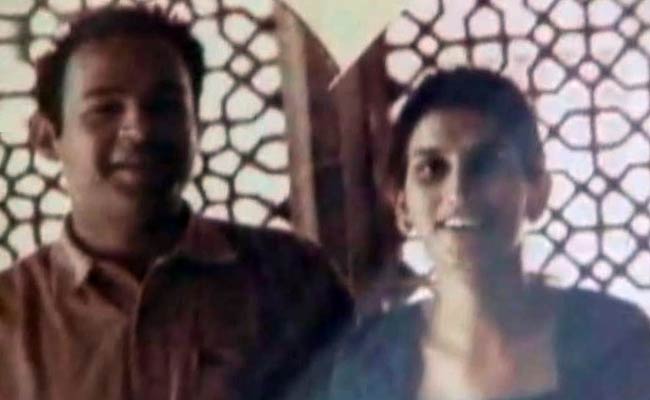The Supreme Court has awarded 25 years of imprisonment to the convicts in the 2002 Nitish Katara murder case on Monday. The main convicts in the case are Vikas Yadav, son of gangster-turned-politician DP Yadav, his cousin Vishal and their aide Sukhdev Pehalwan.
Sukhdev has been awarded 20 years in the same.
Earlier, a Delhi High Court order had increased the life term to 25 years in jail without remission and had also slapped an additional five years for destruction of evidence in the case by terming the murder of Katara as “honour killing”.
Even though the court had categorized the murder into “rarest of the rare” case, capital punishment was not awarded because the honorable court felt that the possibility of their reformation and rehabilitation is not “unforseeably foreclosed”.
Yadav’s aide Sukhdev alias Pehelwan was also given enhanced life sentence of 25 years without remission. In nothing less than a landmark verdict, the apex court on August 17, 2015, had upheld the conviction of Vikas, Vishal and Sukhdev, saying “only criminals are crying for justice” in this country.
While upholding the conviction, the top court had said that it will separately consider hearing pleas on the limited aspect relating to enhancement of quantum of sentence of the three convicts by the High Court.
The court has held that the muder of Nitish who was in love with Vikas’s sister, was an “honour killing” which was done in a “very carefully planned and premeditated” manner with “extreme vengeance”.
On February 16 2002, the due had abducted and killed Katara, a business executive and the son of a railway officer, as they opposed the victim’s affair with Bharti, daughter of Uttar Pradesh politician D P Yadav.
The high court had on April 2, 2014, upheld the verdict of the lower court in the case by describing the offence as “honour killing” stemming from a “deeply-entrenched belief” in caste system.


















